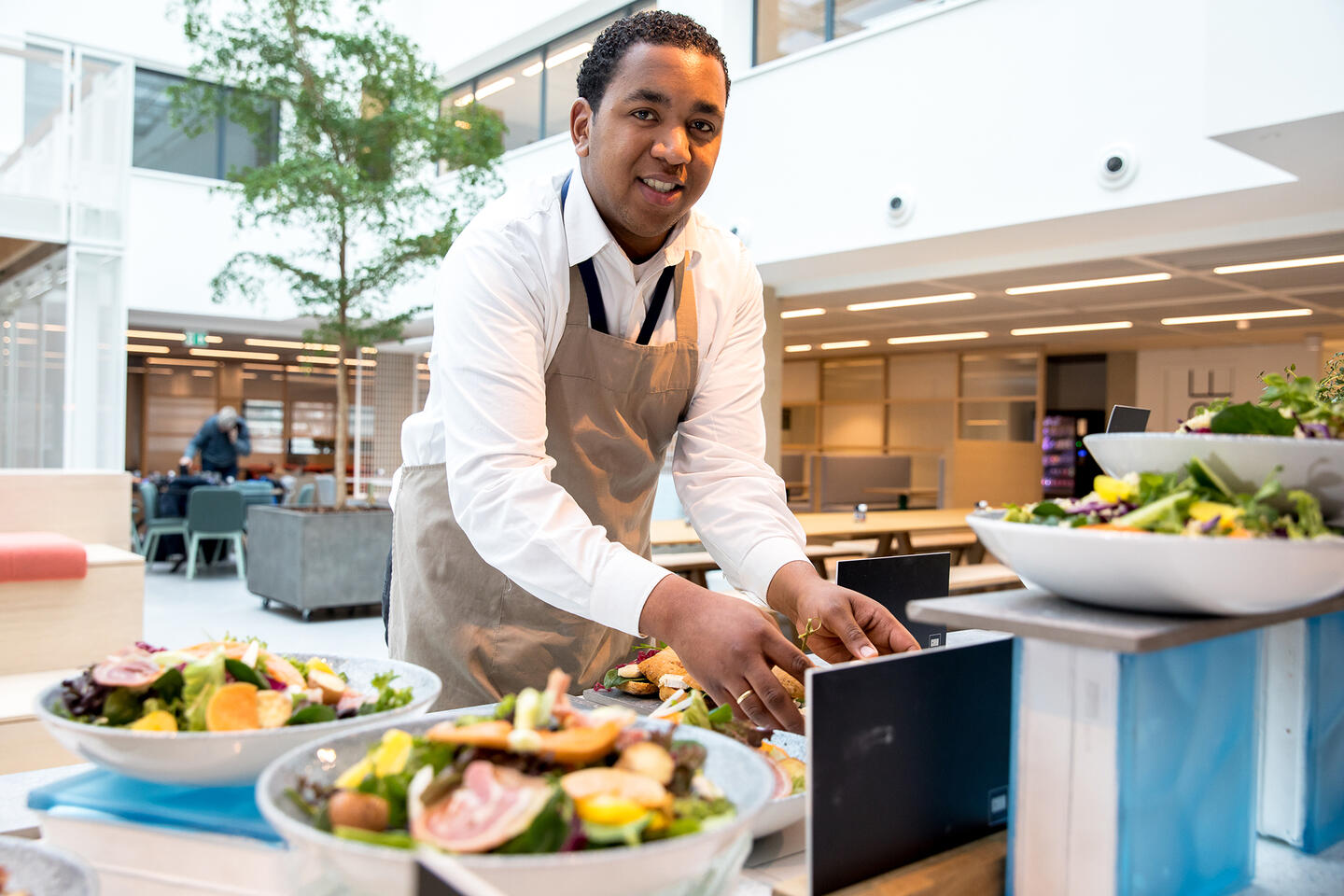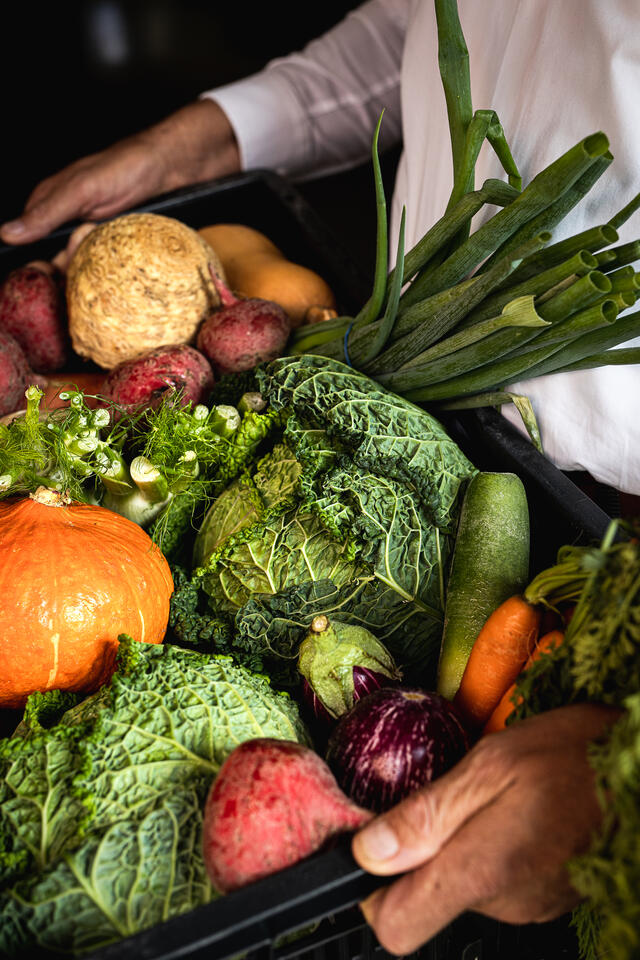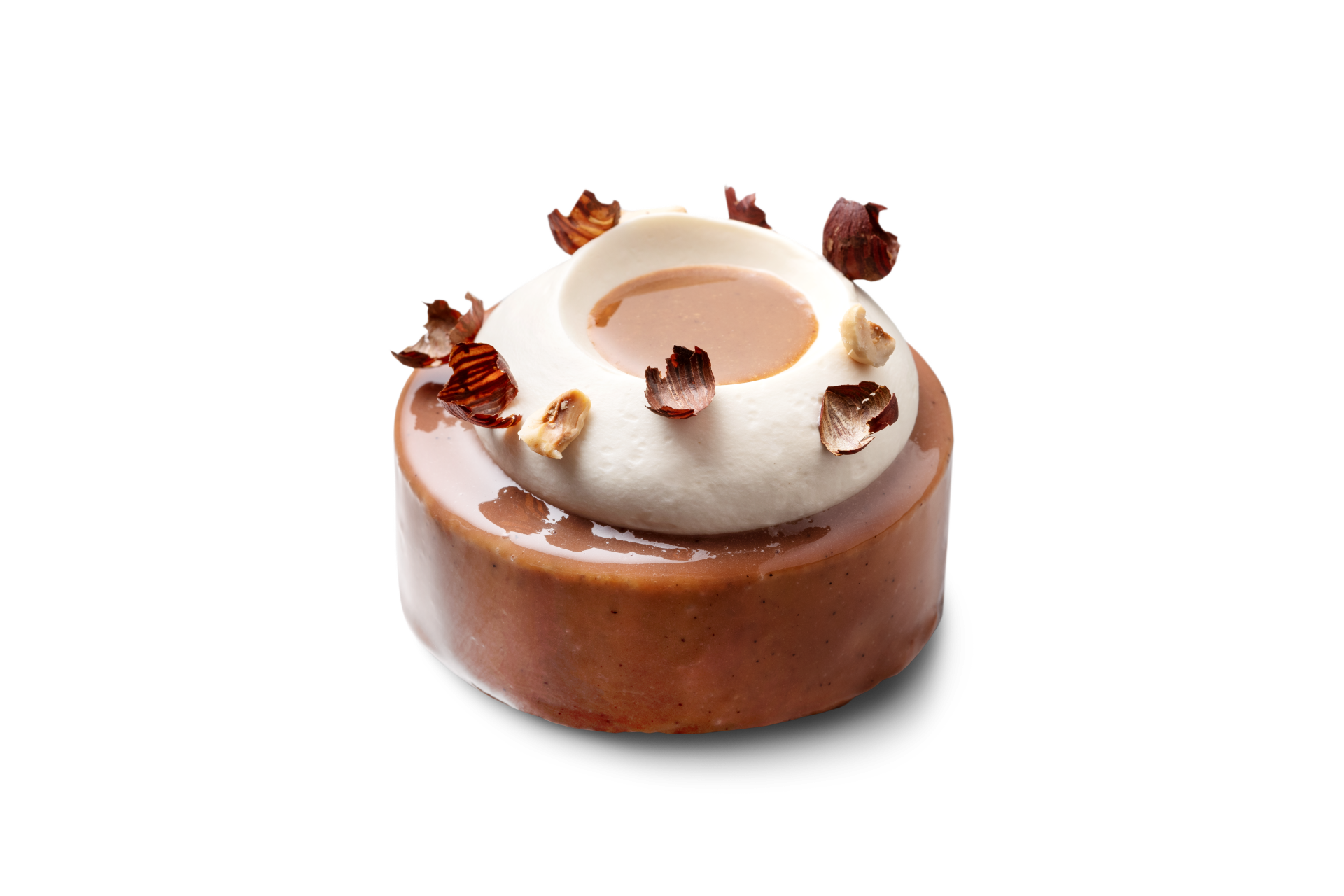How to deal with food waste according to the Vermaat Groep
The fight against food waste is a continues process. Debic is proud of customers such as the Vermaat Groep because they stand up for what’s right. We should all try to waste less food and create a more sustainable future. Will you join us on this journey?

How to deal with food waste according to the Vermaat Groep
The fight against food waste is a continues process. Debic is proud of customers such as the Vermaat Groep because they stand up for what’s right. We should all try to waste less food and create a more sustainable future. Will you join us on this journey?
Food waste affects all areas of the food chain: from farmers’ fields to our dinnerplates. Preventing waste is not only an ecological necessity. It is also ethically and economically important. Did you know that a third of food for human consumption is wasted? We can do better.

“The catering and restaurant sector has a huge share in food waste. We are fully committed to improving the problem.
We collaborate with Too Good To Go. We sell left-over sandwiches at our locations via the app.
In addition, at 19 locations, we work with a smart trashcan named Orbisk. This trashcan scans everything people throw away; the science is based on artificial intelligence. For example: the trashcan sees that exactly a kilo of tomatoes was thrown away at 3 p.m. on a Wednesday. With these insights, we can adjust our product purchases and reduce food waste by 30 to 50%.
Using Orbisk comes with the need for an investment. We are not at pre-corona level yet, so we'll keep it at 19 locations at a time. We have 3 months per location to test the level of food waste. 3 months is enough time to create awareness. After that, the trashcans are moved to 19 other locations to reduce food waste there.
We also work with Instock. They buy reject produce from farmers who cannot sell their vegetables to supermarkets. We incorporate those items in our tasty dishes.”

This popular app knows what’s up. Food vendors can offer their left-over dishes and products for pickup at the end of the day. People using the app pay around €3 to €5 for a mystery box filled with food.
The Vermaat Groep uses Too Good To Go in multiple ways. The first way is – as mentioned above – by offering left-over sandwiches at their locations. The other way is a closed concept for locations such as the Rabobank. Employees scan a QR-code and take home whatever is left, also for a couple of euros.
Recycling coffee grounds and orange peels
“We pick up coffee grounds and orange peels. We have an organisation grow oyster mushrooms from the coffee grounds for us and we process the orange peels into oil. This oil has a very strong taste and can be used in orange muffins, beer and ice cream.
Our current waste system is not circular (enough). Ultimately, giving a second life to products or (food) waste is more sustainable. And it’s better for your wallet, which is a bonus.”

Know what you’re throwing away, why and what happens to your waste. The catering and restaurant sector, as well as private consumers, are not aware (enough) of what happens to the 3,4 billion tons of trash thrown away worldwide every year. We buy packaging and throw it away without thinking. A large part of (food) waste is sold to southern European countries, where it is dumped, because there’s no space to dump it elsewhere.
“We must work together to make our earth cleaner. That means that we must change things or rearrange them. It's worth it because everyone benefits from less waste. Also, the planet.”

Check our article about Vincente Rodriguez, who is a self-taught chef.
Discover more


